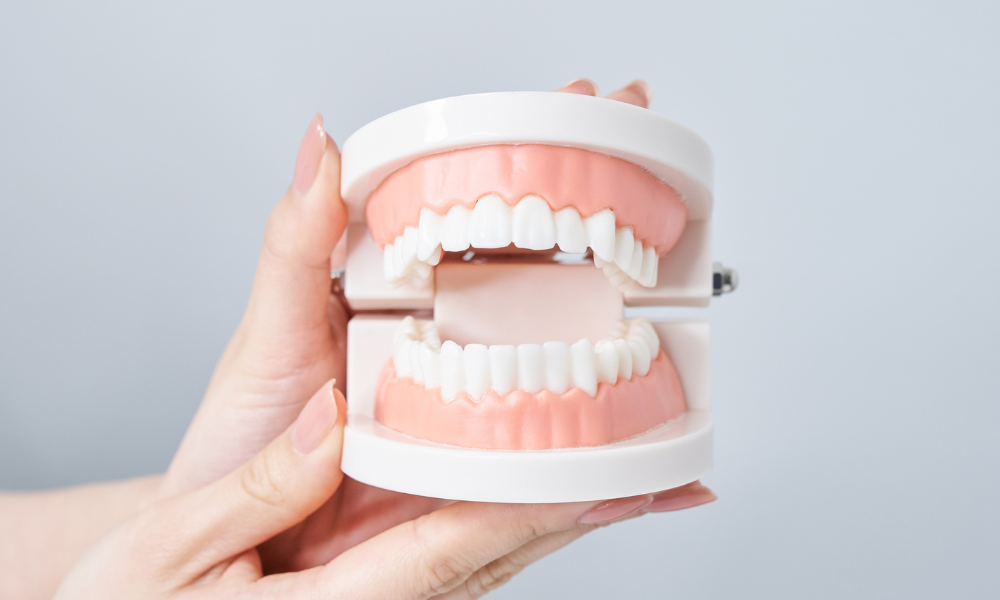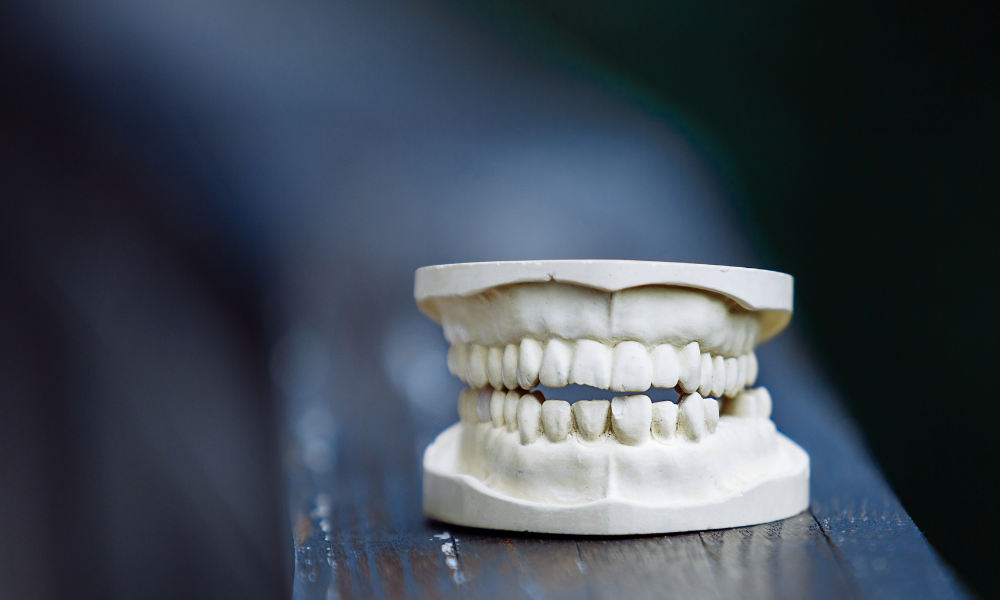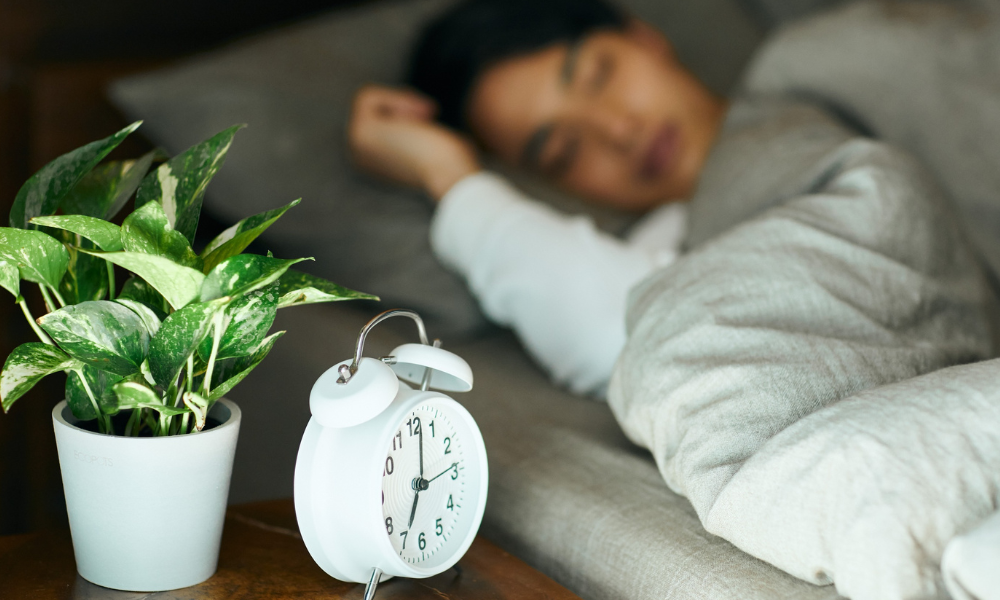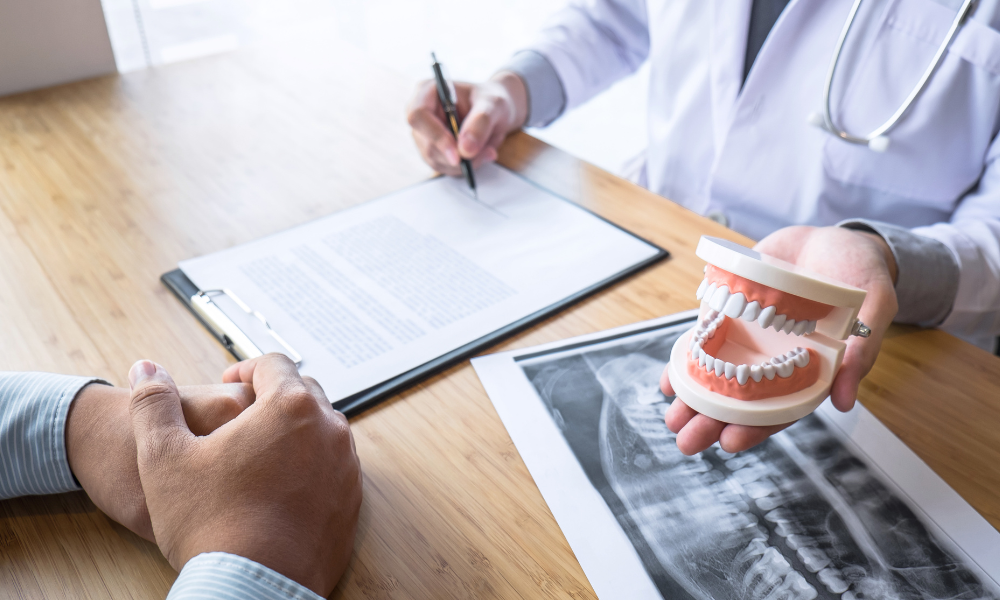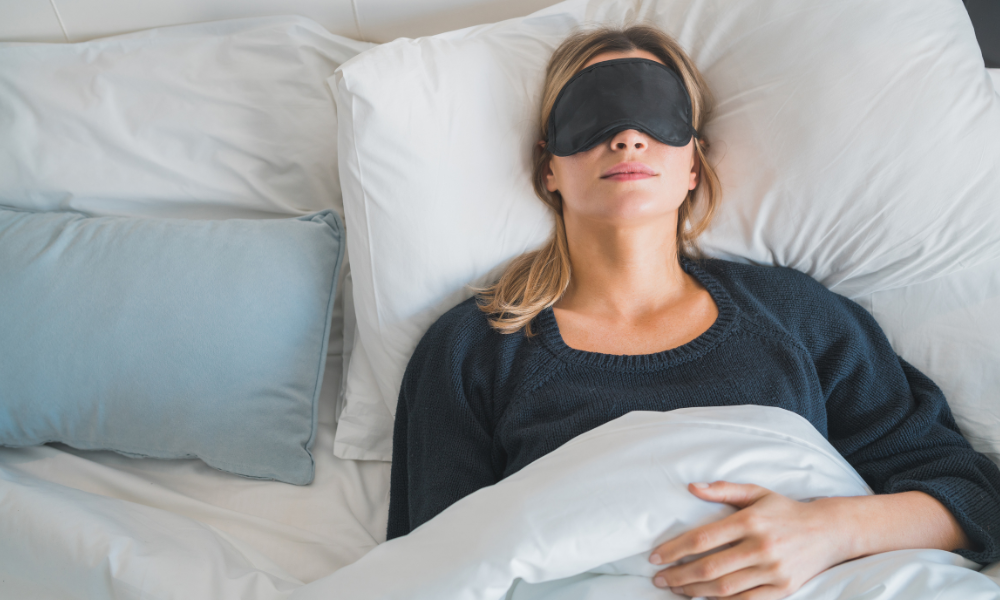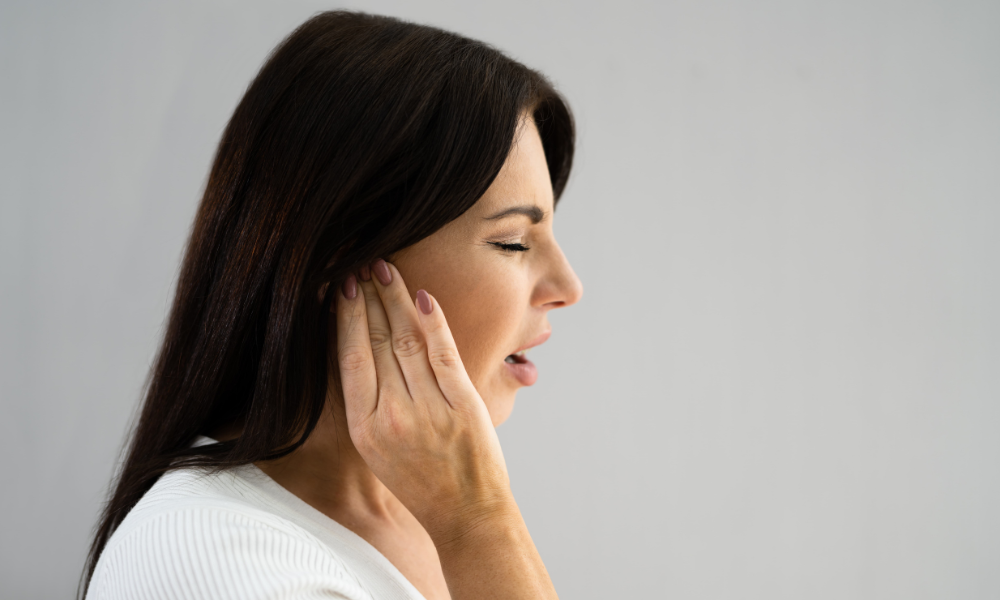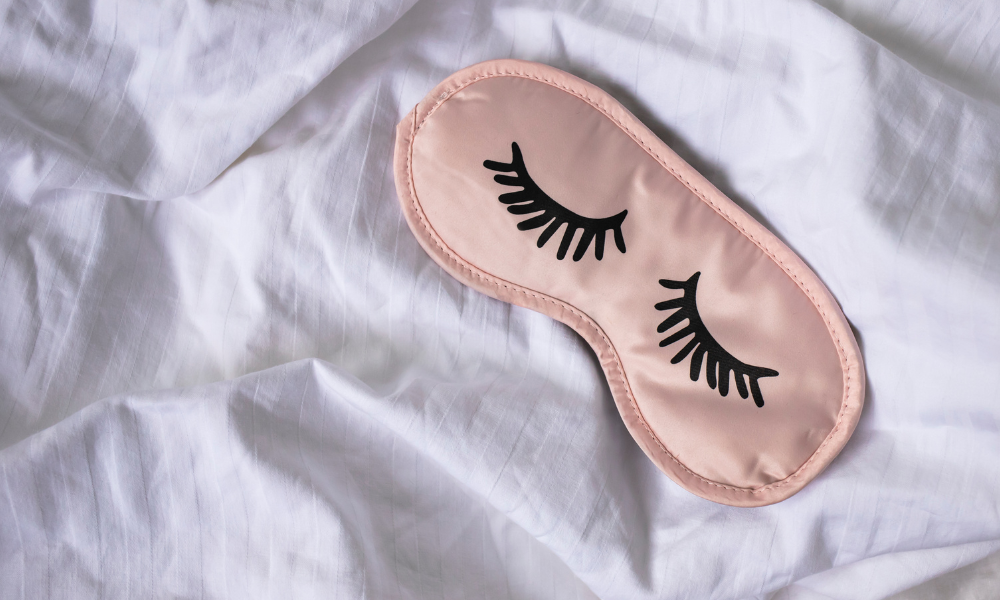
Sleep apnea and temporomandibular joint (TMJ) disorders can take a significant toll on an individual's quality of life, leading to sleep disruption, pain, and a cascade of stress. Experiencing such symptoms day in and day out can be highly challenging and stressful, which is why incorporating relaxation techniques into your treatment and daily routine can be highly beneficial. Learning to manage stress and tension can improve overall well-being while helping to alleviate the symptoms of these two interrelated conditions. By combining relaxation techniques with other treatment options provided by Dr. Bloxham at Columbia Center for Sleep Apnea and TMJ, you can reduce the severity of sleep apnea and TMJ disorder symptoms while fostering better overall health.
In this detailed guide, we will delve into various relaxation techniques specifically designed to help manage the symptoms of sleep apnea and TMJ disorders. We will explore these techniques' benefits, provide practical tips for incorporating them into your daily life, and discuss how combining these relaxation practices with professional healthcare can lead to better outcomes. By engaging in relaxation practices, you can enhance your healing journey and promote a healthier, happier life free from the debilitating symptoms of sleep apnea and TMJ disorders.
At Columbia Center for Sleep Apnea and TMJ, Dr. Bloxham is dedicated to providing comprehensive care for individuals in Richland, WA, struggling with sleep apnea and TMJ disorders. We believe that a holistic approach to healthcare, including the implementation of relaxation techniques, can make a remarkable difference in our patients' lives. Gain the skills and knowledge needed to incorporate relaxation practices into your routine, and join countless others who have experienced improved sleep, reduced pain, and overall enhanced well-being. Take the first step toward a more restful, pain-free life by partnering with us at Columbia Center for Sleep Apnea and TMJ today.
Harnessing the Power of Breathwork
One of the most impactful and accessible relaxation techniques for managing sleep apnea and TMJ disorders is breathwork. Focusing on the breath has numerous benefits, including:
1. Reduced Stress:
Conscious, slow breathing activates the body's relaxation response, decreasing stress hormone levels and promoting a calmer state.
2. Improved Sleep: Breathwork can help regulate the sleep-wake cycle and promote deeper, more restful sleep, which is essential for individuals with sleep apnea.
3. Alleviating TMJ Pain:
Slowing the breath can also help reduce muscle tension within the jaw and face, which can contribute to TMJ pain.
Consider incorporating the following breathwork techniques into your daily routine:
- Diaphragmatic Breathing: Also known as belly breathing, this technique involves inhaling deeply through your nose, expanding your diaphragm, and filling your lungs. Exhale slowly and fully, allowing your chest and abdomen to sink. Practice for 5-10 minutes daily.
- 4-7-8 Breathing: Inhale for a count of 4, hold your breath for a count of 7, and then exhale for a count of 8. Complete 4 full breaths in this manner and practice twice daily.
Soothing the Mind and Body with Mindfulness Practices
Incorporating mindfulness practices into your daily routine can be instrumental in managing sleep apnea and TMJ disorder symptoms. Mindfulness techniques encourage a non-judgmental, present-moment awareness, which can lead to reduced stress and improved pain management. Some key practices include:
1. Mindful Meditation: Find a quiet, comfortable space and focus on your breath while allowing thoughts to come and go without judgment. Aim for at least 10 minutes daily.
2. Progressive Muscle Relaxation (PMR): Tense and relax muscle groups in sequence, starting from the toes and working your way up to the face and head. Focus on the sensations of tension and relaxation in each muscle group, releasing stress throughout the body.
3. Body Scan Meditation:
Lie down in a comfortable position and mentally "scan" your body from head to toe, noticing any sensations or areas of tension. Breathe into these areas and imagine releasing the tension with each exhale.
The Benefits of Gentle Movement and Stretching
Incorporating gentle movement and stretching into your relaxation routine can aid in pain management and stress reduction for sleep apnea and TMJ disorders. Consider the following suggestions:
1. Yoga: Engaging in gentle, restorative yoga practices can help reduce stress and tension while promoting relaxation, flexibility, and better sleep.
2. TMJ-Focused Stretches: Gently stretching the muscles surrounding the temporomandibular joint can help promote relaxation and alleviate TMJ pain. Consult with your healthcare provider for specific stretches to target your TMJ issues.
3. Low-Impact Exercise:
Participating in low-impact activities, such as walking, Pilates, or swimming, can aid in stress reduction and overall well-being without placing undue stress on the TMJ or exacerbating sleep apnea symptoms.
Creating a Relaxing Sleep Environment
Establishing a soothing sleep environment can further improve sleep quality and better manage symptoms of sleep apnea and TMJ disorders. Some suggestions for creating the ideal sleep setting include:
1. Sleep Schedule: Establish a consistent sleep schedule, going to bed and waking up at the same time each day to help regulate the body's circadian rhythms.
2. Relaxing Bedroom Atmosphere:
Create a calm, inviting sleep environment by decluttering your bedroom, selecting comfortable bedding, and using relaxing scents such as lavender essential oil.
3. Digital Detox:
Limit screen time in the hour before bed to promote relaxation and better sleep quality.
Conclusion
Creating a comprehensive approach to managing sleep apnea and TMJ disorders that includes relaxation techniques is crucial for finding lasting relief. By incorporating breathwork, mindfulness practices, gentle movement, and a soothing sleep environment into your daily routine, you can reduce pain, improve sleep quality, and enhance overall well-being. Partner with us at Columbia Center for Sleep Apnea and TMJ and begin your journey toward a healthier, more relaxed life today. Contact our
center for sleep apnea and TMJ in Richland, today.
